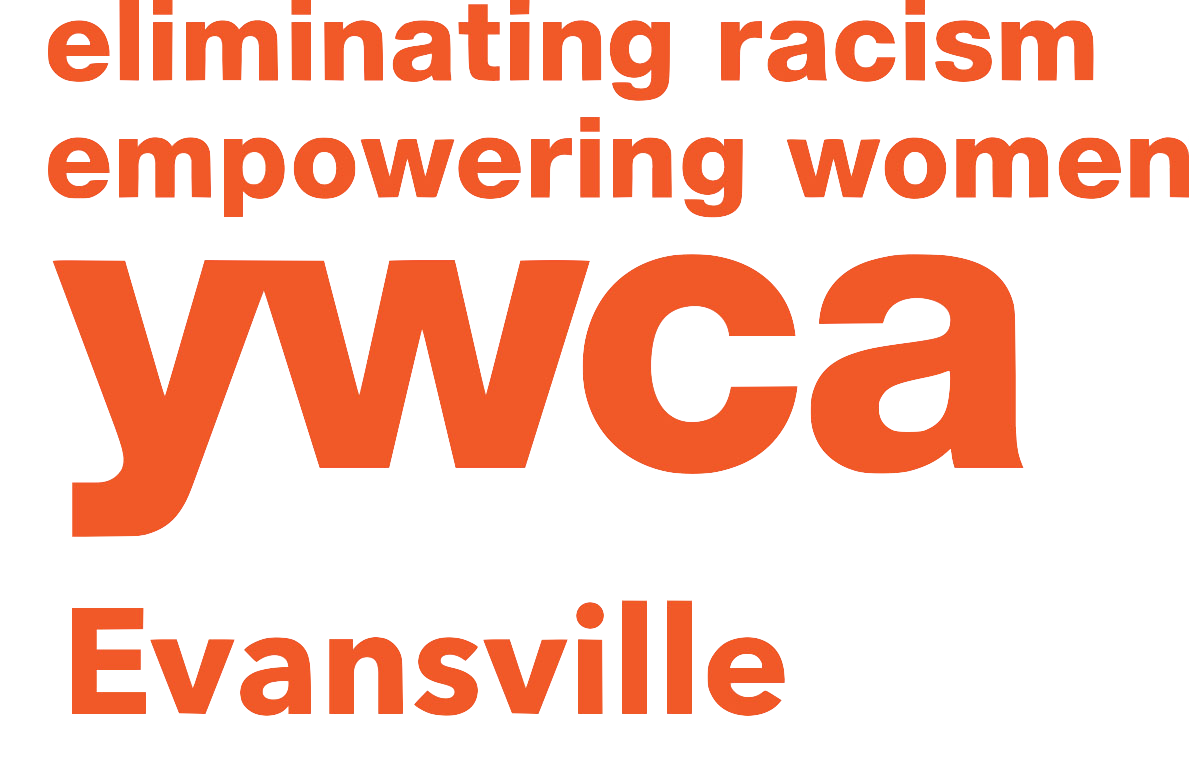Who We Are
The YWCA Evansville is dedicated to eliminating racism, empowering women, and promoting peace, justice, freedom, and dignity for all.
We work to bring out the individual strengths of women and youth and to foster resiliency and self-sufficiency. Our philosophy, in keeping with the mission of the YWCA to empower women and families, centers on providing the skills and confidence needed to succeed.
The YWCA is proud to be the oldest and largest women’s movement, providing services for women and their families in our community.
Our local programs and services have furthered the YWCA vision of peace, justice, freedom, and dignity for all people since 1911. Over the years, we have altered our programs to meet the changing needs of women and children in our area, but our mission of offering a safe haven to women and children is as enduring as it was from day one.

Eliminating Racism, Empowering Women and Promoting Peace, Justice, Freedom and Dignity for all.
YWCA MISSION
Our Values
Equality
We advocate for equal rights and equal opportunities for all.
We help build a community where diversity is celebrated and discrimination is eliminated through community organizing, legislative initiatives, and public education.
Service
We provide service in a kind, compassionate, and non-judgmental manner.
We believe in servant leadership, and we ensure that our activities, services, and programs are consistent with our mission and managed with the highest level of integrity and professionalism.
Empowerment
We empower women and children to make sound decisions and positive life choices; and
We teach them to believe in and advocate for themselves.
Excellence
We are honest, transparent, and fiscally responsible in the operation of our organization.
We strive for excellence in all that we do by continuously pursuing innovation and improvement.
YWCA Local History
The YWCA of Evansville, IN, was established in 1911. Our original purpose was to provide safe, affordable housing for women who were coming from the country and outlying towns for employment in mills and factories. We've altered our programs over the years to meet the changing needs of women and children in our area, but our mission of offering a safe haven to women and children is as enduring as it was from day one.
Our programs focus on upward mobility and self-sufficiency through addressing emergency needs first, determining barriers to independence, helping clients create goals to overcome those barriers, providing support and case management through times of crisis and transition, and connecting clients to community resources that can maximize their success.
Current programs at the YWCA include a domestic violence shelter; an emergency housing program for women and children; the YES! (YWCA Embracing Sobriety)program, a long-term residential program for homeless women recovering from substance abuse; and Live Y'ers, our after-school and mentoring program for vulnerable youth. Additional services include initiatives related to furthering women's economic empowerment and racial justice. Through our financial literacy classes with residents and the public, and events such as Equal Pay Day, Stand Against Racism, and others, we are known advocates for these topics in our area.
The YWCA is dedicated to eliminating racism, empowering women, and promoting peace, justice, freedom, and dignity for all.
The YWCA envisions a healthy community transformed by racial and gender equality, where women and girls, particularly those of color, have equal access to opportunity, and there is social justice for all people.
We won't stop until the world sees women, girls and people of color the way we do -- Equal. Powerful. Unstoppable.

Key Dates in YWCA History

FAQs
-
Our local association serves hundreds of individuals annually through our residential housing programs, our Live Y’ers after-school and mentoring program, and our outreach efforts. Over 200 YWCA organizations throughout the country serve approximately 2 million women, men, girls and their families within the United States each year. World YWCA provides services to 25 million women and men in more than 120 countries.
-
YWCA Evansville is one of 200 local associations across the United States. Each local YWCA offers programming to meet the needs within their own communities. YWCA USA supports local associations by offering training, networking opportunities, special initiatives (such as Stand Against Racism and Week Without Violence), advocacy, and lobbying for policies that affect racial equality and women’s issues.
-
No. The 200+ YWCA organizations across the country each run their programs independently and receive no funding from YWCA USA.
-
No. People of many denominations and religious beliefs work, volunteer and receive services through YWCA.
-
In 2015, the corporate name was officially name from the “Young Women’s Christian Association of the United States of America, Inc.” to “YWCA USA, Inc.” Our name change reflects YWCA’s diverse and inclusive nature. In our early years it was “a Christian sisterhood” that drove our work. Today, our organization is driven by a commitment to social justice, no matter someone’s religion. Our updated name provides YWCA with the opportunity to engage a broader spectrum of individuals in our crucial work to eliminate racism and empower women.




